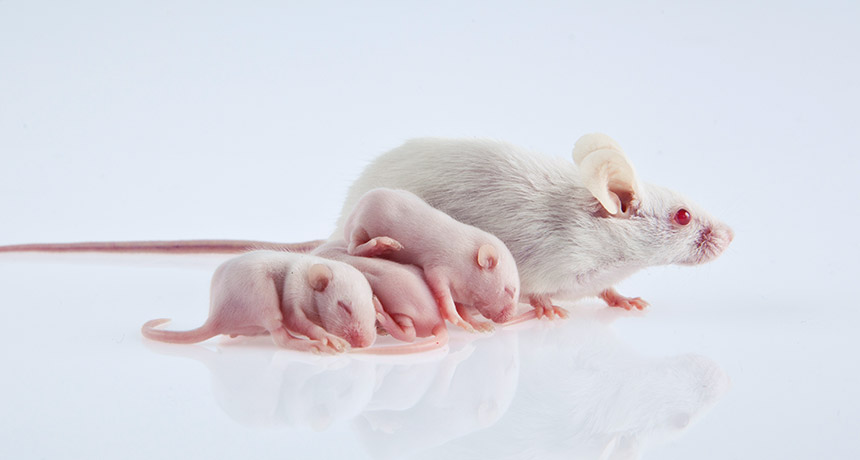Vaginal microbes in mice transfer stress to their pups
Transmitted signals alter the way offspring develop

ALL IN THE FAMILY A mouse mother’s vaginal microbes carry stress signals to her young, a new study suggests.
Gorkemdemir/iStockphoto
Transmitted signals alter the way offspring develop

ALL IN THE FAMILY A mouse mother’s vaginal microbes carry stress signals to her young, a new study suggests.
Gorkemdemir/iStockphoto